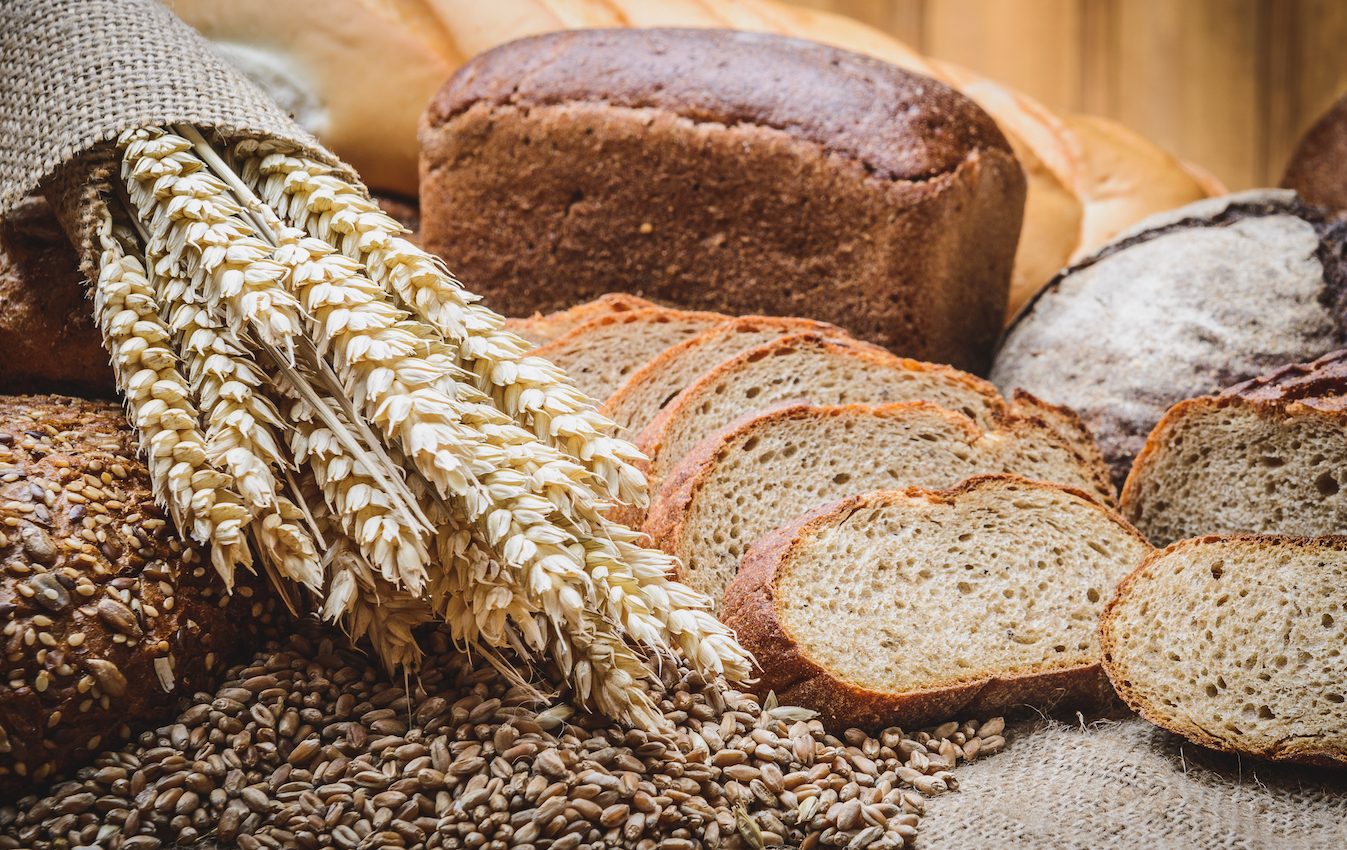
Some who think they’re gluten intolerant are actually sensitive to fructans
People certainly have strong opinions about gluten, as a sensitivity or intolerance to the substance is blamed for a variety of health problems.
Gluten has serious adverse effects for some people. However, many cases of “gluten intolerance” may actually be something else, and it’s possible that some people should be more worried about a group of sugars called fructans.
Why do people avoid gluten?
Celiac disease is a severe immune response to gluten that has been known for over a century. However, it only occurs in less than 1% of the population.
Wheat allergies are another severe response to gluten and other proteins present in wheat. These are even rarer, occurring in ~0.2% of the population.
These conditions are very serious and can be life-threatening, and so naturally, people with these conditions avoid gluten out of necessity.
But these conditions only account for a small portion of reported gluten intolerance. These diseases are relatively easy to definitively diagnose, and people with these conditions probably would not benefit from excluding fructans.
Non-celiac Gluten Sensitivity
Reports of non-celiac gluten sensitivity are on the rise. Patients with IBS (irritable bowel syndrome) and other digestive issues have begun excluding gluten from their diets. Some people even claim improvements in mood and energy from a gluten-free diet. Self-reported improvements from a gluten-free diet are common.
The rise in gluten-free diets has led to some dubious claims. 63% of consumers believe that a gluten-free diet will improve their health. Many products proudly state they are “gluten-free” to attract health-conscious consumers.
Even coffee and other products that should never contain gluten sometimes advertise that they are “gluten-free.” In reality, gluten-free foods do not provide any benefits to people who aren’t sensitive to gluten.
Despite patient reports, the cause of non-celiac gluten sensitivity is not known. This has caused some uncertainty about the legitimacy of these claims. Studies have found these issues may occur in anywhere from 0.5-13% of the population. One study found that only 16% of those who experience improvements from a gluten-free diet actually have a gluten intolerance.
But a recent study published in the journal Gastroenterology may clear up the confusion, revealing how large sugar molecules called fructans could be the culprit, not gluten.
What is a fructan?
Fructans are a group of sugars produced by plants. They are polysaccharides made up of many fructose molecules, and their size and complexity make them more difficult for some people to digest.
Fructans are part of a larger group of sugars called FODMAPs. This stands for Fermentable Oligo-, Di, Mono-saccharides, and Polyols. This group includes lactose, fructose, and xylitol.
Why do they cause problems?
These sugars cause two major issues. First, they draw water into the intestines causing bloating. Additionally, these sugars cannot be digested by our natural enzymes. Instead, gut bacteria ferment these sugars producing gas.
Both of these effects are normal parts of digestion. However, some people are more sensitive to fructans. This can cause gas, bloating, and other gastrointestinal symptoms.
Fructans can be healthy in the right quantities. They are “prebiotics” that help feed a healthy gut microbiome. Even fructan sensitive people should consume some fructans. It is recommended to slowly increase the amount in your diet. This will help determine how much your body can tolerate.
What foods do they occur in?
70% of the fructans in American diets come from wheat, which is why people may misidentify fructan intolerance as gluten intolerance.
Fructans are present in many other foods as well. A few common ones are listed below.
- Oats
- Barley
- Garlic
- Onions
- Chickpeas
- Dates and prunes
- Asparagus
The main differences between gluten and fructan intolerance
The symptoms of gluten and fructan intolerance can be very similar, so it is worth considering both causes when experiencing gastrointestinal symptoms.
Eliminating fructans and gluten from your diet independently can help. When starting an elimination diet, consult with your doctor. It is important to get all your nutrients, so you want to be cautious that eliminating all foods with fructans or gluten won’t also eliminate essential nutrients.
Fructan intolerance can be identified with a breath test. This is done by eating large amounts of fructans. Gas production and symptoms are then measured over a period of time.
This is not a standardized diagnostic test. However, it can be helpful in understanding your digestion. If you suspect you have a fructan intolerance, consult your doctor.
—
By Casey Hofford, Earth.com Contributing Writer













